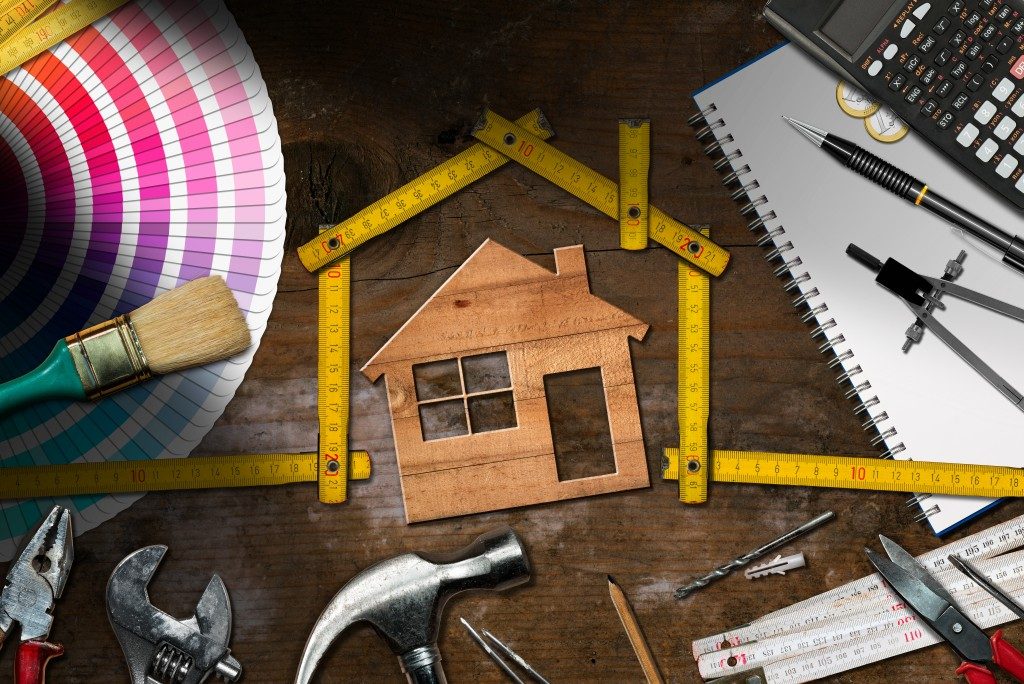When it comes to budgeting for your home improvement in the Show-Me State, cash beats any form of financing. However, don’t think that getting funds from your bank account to replace your roof or buy blown insulation in Kansas City is free. It might not come with an extra charge, but it involves some opportunity cost.
Opportunity cost is the price of choosing not to do one thing by deciding to do another. If you have enough money lying around to fund your home project, consider the following to know whether it is genuinely better than borrowing:
Investment Diversification
A capital improvement is a project that increases the value of your house, extends its life, or allows it to adapt to new uses. In addition to enhancing the perception of your property’s price upon resale, it will enable you to pocket more money when you sell your house later on. All of the expenses related to it increases the cost basis of your property, which can diminish your taxable capital gain.
You can enjoy future financial gains if you tackle a capital improvement, but using cash to make your project happen means tying more money into an illiquid asset. Without significant savings, it can make you rich in wealth but cash poor.
Investing your disposable income can be a better route to take. Sure, loaning funds to cover your home improvement expenses can come with interest, but you might be able to earn more if you use your extra cash to put it in the stock or money market.
It is not safe to lock most of your wealth in real estate. It is wise to distribute your eggs in many baskets to enjoy layers of financial protection in case the economy collapses. Remember that many of the homeowners that entrusted their life savings to their property have yet to recover from last decade’s the Great Recession.

Credit Health
Borrowing money is a vital step to build your credit. Using credit cards is not enough. Diversifying your credit mix carries weight in the eyes of creditors that use FICO. It allows you to demonstrate that you can handle different types of credit so that you can qualify for bigger loans in the future.
Yes, applying for an unsecured or secured loan involves a hard inquiry, which knocks points off your credit score, the long-term positives of being able to manage a debt outweigh and outnumber its short-term negatives.
If you think your credit needs more work, then strongly consider borrowing money as an investment in your future. However, it is imperative to do this only if you are sure you can pay your installments on time and in full. Otherwise, it can do more harm than good to your creditworthiness.
Reward
Paying a home improvement bill with plastic has never lost its appeal since earning credit card rewards can be addictive. If you recently got a new card and want to chase its sign-up bonus, the cost of your project can be big enough to meet your goal.
Using your credit card does not have to come with interest too. If you can pay your full balance monthly on or before the due date, you can take advantage of your card’s grace period to avoid the interest altogether.
Choosing to borrow money instead of spending the cash you already have is always a gamble. But if you calculate the risks accurately, you can benefit from the wonders of lending to have a better house and be wealthier.

